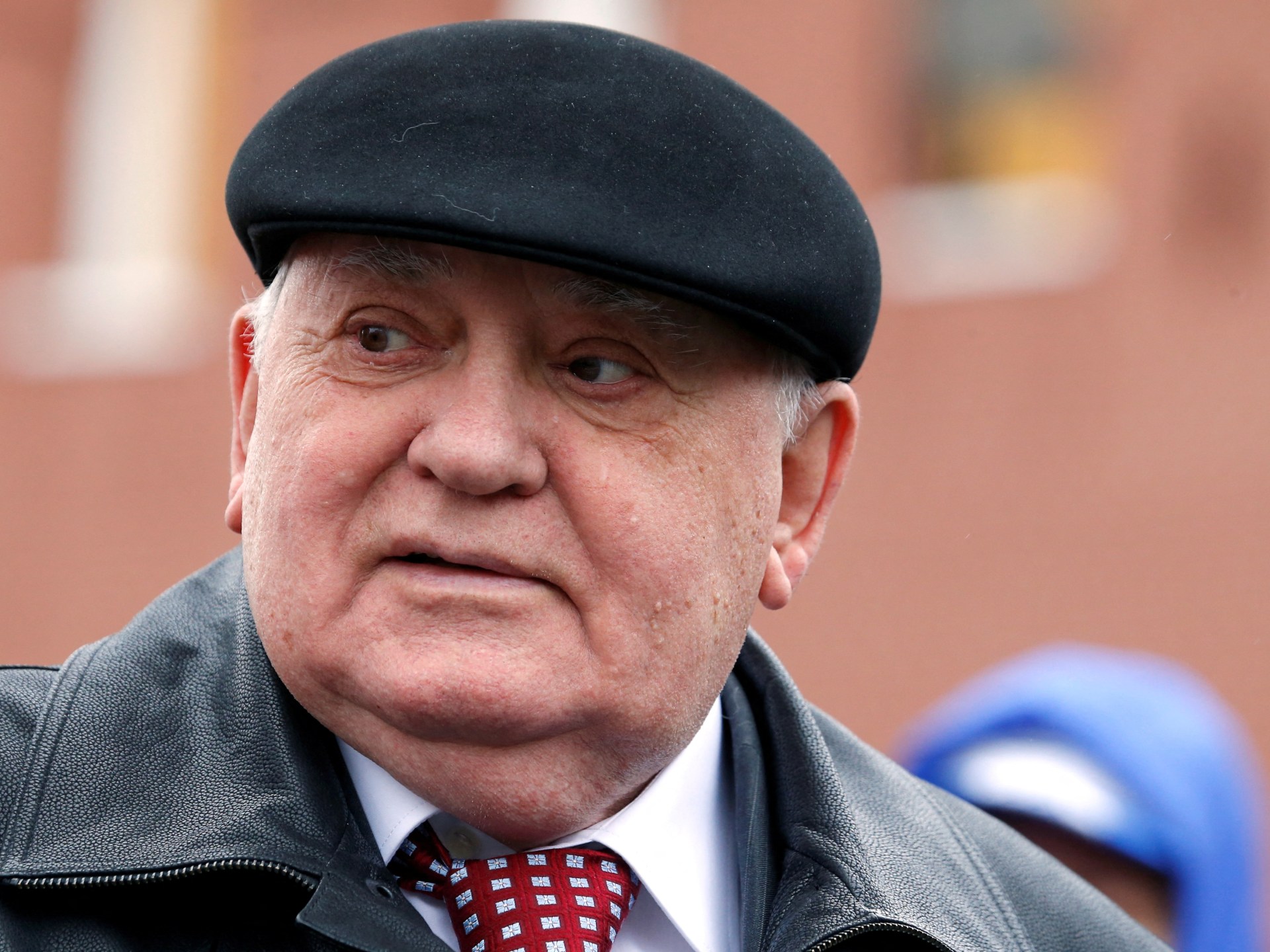Mikhail Gorbachev, the last president of the Soviet Union, died at the age of 91 in Russia on Tuesday, according to Russian news agencies, citing the hospital where he was being treated.
"This evening (Tuesday), after a long struggle with a serious illness, Mikhail Sergey Gorbachev passed away," the Central Clinical Hospital of the Russian presidency said in a statement reported by Interfax, TASS and RIA Novosti agencies.
Gorbachev, who ended the Cold War, struck arms control deals with the United States and partnered with Western powers to remove the Iron Curtain that has divided Europe since World War II.
And when pro-democracy protests swept the Soviet bloc countries in communist Eastern Europe in 1989, Gorbachev refrained from using force, unlike previous Kremlin leaders who sent tanks to crush uprisings in Hungary in 1956 and the former Czechoslovakia in 1968.
But the protests fueled aspirations for autonomy in 15 republics of the Soviet Union, which disintegrated over the next two years in a chaotic manner.
Gorbachev tried to prevent this collapse, but his efforts were unsuccessful.
Gorbachev, who came to power in 1985 as the leader of the Communist Party, launched a wave of political and economic reforms aimed at modernizing the Soviet Union, which was suffering from acute crises.
Gorbachev was a proponent of rapprochement with the West and in 1990 won the Nobel Peace Prize.
Between 1990 and 1991, Gorbachev assumed the post of President of the Soviet Union before he was finally forced to resign on December 25, in a move that led to the collapse of the Soviet Union.
It should be noted that Gorbachev was the last surviving Cold War-era leader.

